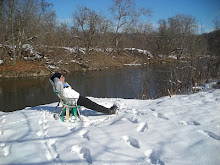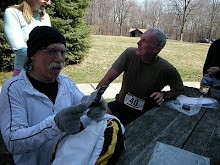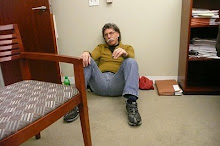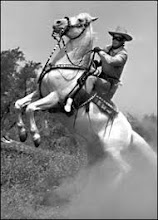JPhoto
They speak in the night from faraway places riding the breezy air currents over hundreds of miles sharing deep feelings rooted in loneliness. He walks each day as he did decades ago wandering through familiar routines not unlike the many who surround him. Suit and tie with polished shoes stepping along those same sidewalks and standing upon the everyday stark subway platforms carrying the typical briefcase full of papers defending the requests of highly billed clients who pay the bills.
He wakes up in a lonely bed pretending that life has meaning and purpose. He ponders on a future time when the age of 80 stands before him, in the illumination of the early morning mirror above its companion sink reflecting upon the perceived image of the man looking back at him.
Upon dressing, does he feel satisfied with the nightly decision that finds him in his own lonely bed, as his wife sleeps in hers across the threshold at the end of the second floor hallway?
His muse far away stays in her big house nestled on a quiet small town street just outside a busy metropolitan city wondering what can bring purpose to her life as the long, painful year, since her husband’s death moves her further away from that life altering experience. Hoping that her all-surround, comforting piles of books would fly her away from the hollow feeling entangled inside her body, she stares out the many windows offering opportunities to think carefully beyond those boldly large bare trees just outside her reach, and their dropped foliage, which have fallen to the ground, as they prepare themselves for the cold winds of winter. She bends down grabbing the handles lifting the glass frames up allowing the smells of the outside air blended with odors from the wet and rotting piles of oak and maple leaves lining the curb, which have yet to be taken away. She leans into entrainment.
She turns to hold her small handheld device that sends words across the divide to another stranger also playing the game. She knows she will die, too, but wonders why it is taking so long. Her dog patiently waits by the door.
Living for others, and not herself, appears to be her passage. Her loneliness drapes around her neck like a tightly wrapped silk scarf, which her girlfriend might see as fashion instead of a crying call for deep connections with like-minded souls.
In his office, he drifts among the clouds floating outside his 15th floor window. One forms a sculpted face that stares into his eyes as he imagined it was waiting to learn what was holding him back before floating on to the next soul. He is scared of being adrift. Everything had been extremely predictable for decades, but what he thought was certain had begun to seriously unravel. He has been taking responsibility for others who have disappointed him and now standing alone weighting down his tired arms were the over stuffed bags of the others in his life.
He thought he was doing what he was supposed to but then realized he had been hiding his own truth from what he needed.
She thinks of him as a dream when awake. She is not in the moment, but in a pattern of what-ifs. What if the two were naked together in a warm pool of water, all alone, touching and floating and rubbing close. She climbed upon his back holding him tightly across his narrow chest with her legs buoyant behind her like a mermaid’s tail. He walked them around the pool her head nestled in the crease of his neck below the right ear as she transcended into the deep secrets within his brain as they came seeping out in the form of loving feelings and joy, along with deeply suppressed anxieties and fears. They flowed out like steam from a boiling kettle sitting on a stove filling the room with wet mist.
How they would be together stirs all around her mind interfering with her daily plans? She must begin to live in the moment and leave predictions to fortune-teller gypsies with colorful dresses and bountiful necklaces holding Tarot cards, while cradling her hand and following its deeply grooved lifeline embedded in her palm gently tracing it with the tip of her index finger. Would the gypsy tell her that her train had gone off the track? Would she then ask the fortune-teller just how that could be? The gypsy woman would stare deep into her eyes and far into the other side; from that which came from a distant past, the answer would come pouring out of the woman seeking answers like a frothing waterfall during spring thaw flowing rapidly and splashing around all the rocks and boulders that define the curvature of the river at its base.
The gypsy woman might tell her to stop living for others and live for her heart. She could emphasize that the time is now, since taking care of others has ended for her. She might whisper in her ear “Take care of yourself. Make life real. It is not a dream.” She might tell her to remove the fence engulfing her. Step outside of it. Light the fuse and let it burn. Don’t wait. So much is unpredictable. Let life unfold like a Chinese paper fan that when closed shows nothing, but once opened it reveals a genuinely intricate scene that lies inconspicuously hidden away until spread apart.
Suddenly, the gypsy woman with arms undulating in opposite syncopation,
head swaying in circles, while her long red mane of thick wavy waist-long hair floating behind in an intoxicating, trance-like manner, would slowly raise her arms then lower them in front of the other woman’s face and say to her, “The best roads taken are those that are filled with uncertainty.”
She has that prospect buried inside of her self. He has much more work to do before that fan can fully open wide and a new unencumbered navigable road be revealed. He will need to button his own undoing. (1015 words)











